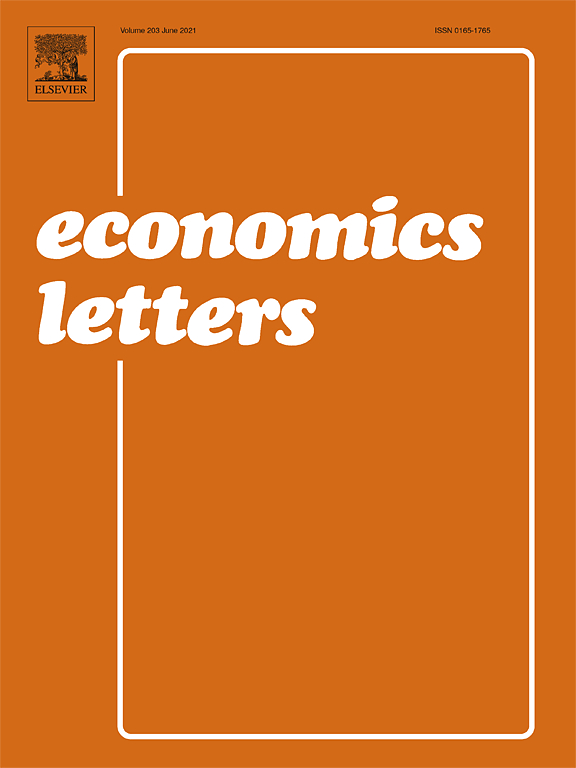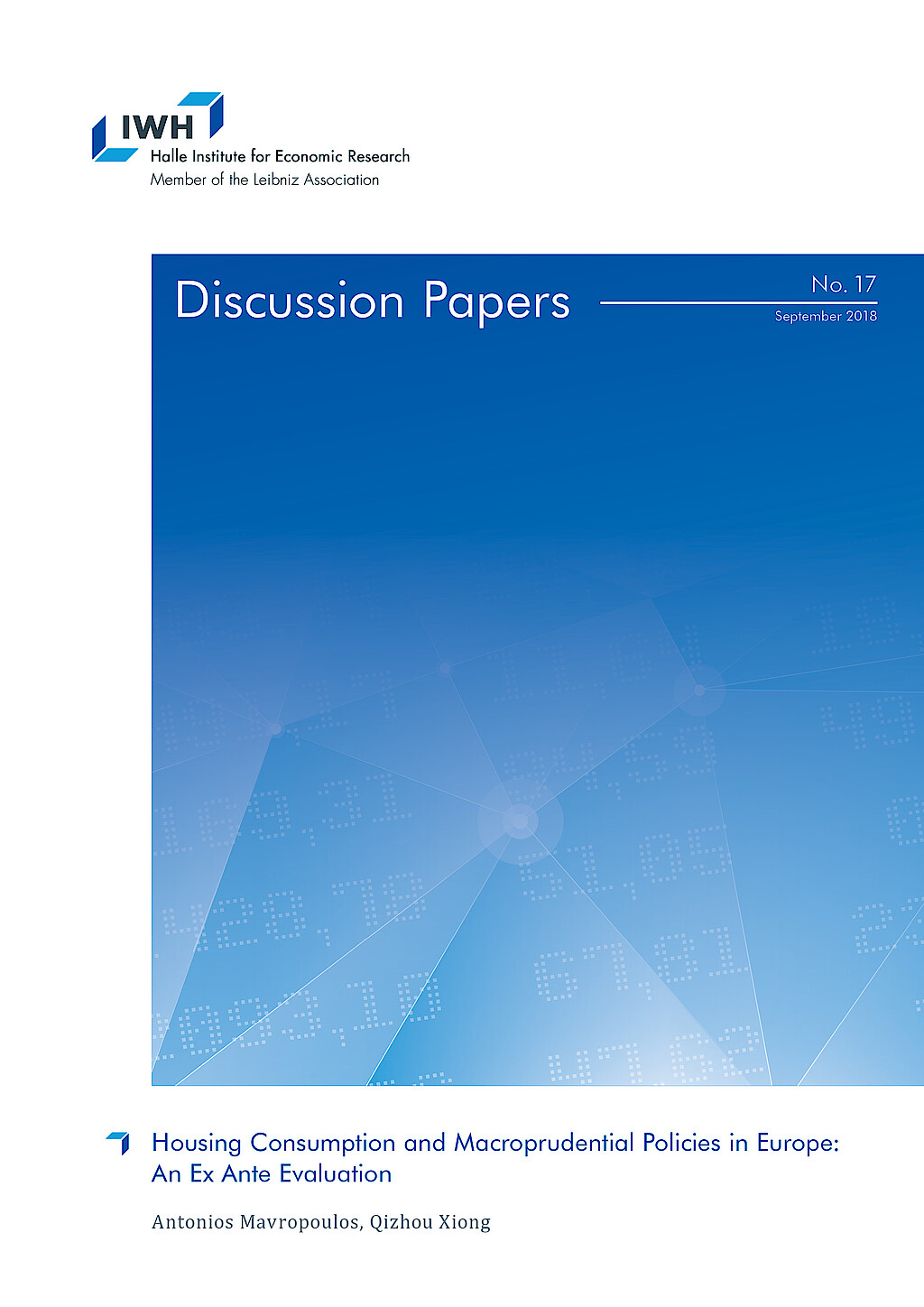Risk Shifting in Financial Markets and Sustainable Finance
The contemporary literature on financial intermediation suggests that banks play an important role in the transition towards a sustainable economy. The research group ‘Risk Shifting in Financial Markets and Sustainable Finance’ contributes to this debate by studying lenders' risk shifting incentives, their choices in supporting sustainable business, and how sustainable finance and legal innovations affect firms and households.
First, we analyze how banks respond to climate transition risks. Specifically, we investigate whether banks manage these risks by offloading loans to environmentally harmful firms or by incorporating sustainability pricing provisions into loan contracts. Our ongoing research delves into the role of banking supervision in facilitating the transition to net-zero, specifically by assessing the impact of climate stress tests on banks' lending practices. We also examine how depositors, firms, and financial institutions manage various forms of biodiversity risk.
Second, we illustrate the choice between risk pricing and risk shifting through securitisation by financial institutions. From a household finance perspective, we discuss how mortgage foreclosure laws and mortgage pricing policies should be designed to mitigate moral hazard of lenders and borrowers. We also highlight the effect of zombie mortgage laws on banks and non-bank lenders, and the implications arising for housing markets.
Another line of research aims to establish evidence of how financial regulation contributes to securitisation booms, which are considered to be at the root of the recent boom and bust cycles in housing markets. Specifically, we shed light on how banking deregulation and financial development increase the probability of a bank operating an originate-to-distribute model in the lead up to the financial crisis that started in 2007.
Finally, the research group investigates the role of financial institutions in supporting firms to mitigate risk from supply chain disruptions triggered by the Covid-19 pandemic.
Workpackage 1: Do financial institutions provide sustainable finance?
Workpackage 2: How do banks choose between risk pricing and risk shifting?
Workpackage 3: The Impact of Banking Supervision and Regulation on Financial Intermediaries
Research Cluster
Financial Resilience and RegulationYour contact

- Department Financial Markets
Refereed Publications

Global Equity Offerings and Access to Domestic Loan Market: U.S. Evidence
in: International Review of Financial Analysis, March 2021
Abstract
This study examines whether and to what extend global equity offerings at the IPO stage may affect issuing firms' ability to borrow in the domestic debt market. Tracking bank loans taken by U.S. IPO firms in the domestic syndicated loan market, we observe that global equity offering firms experience more favorable loan price than that offered to their domestic counterparts. This finding holds for a set of robustness tests of endogeneity issues. We also find that, compared with their domestic counterparts, global equity offering firms are less likely to have financial distress, engage more in international diversification, and are more likely to wait a longer time to apply for syndicated loans.

Income Inequality and Minority Labor Market Dynamics: Medium Term Effects from the Great Recession
in: Economics Letters, February 2021
Abstract
Using a difference-in-differences framework we evaluate the effect that exposure to a bank failure in the Great Recession period had on income inequality. We find that it led to a 1% higher Gini, relative rise of 38 cents for high earners, and 7% decline for lowest earners in treated MSAs. Moreover, we show that blacks saw a decline of 10.2%, Hispanics 9.8%, and whites 5.1% in income. Low income blacks and Hispanics drove much of the effect on inequality.

Local Banks as Difficult-to-replace SME Lenders: Evidence from Bank Corrective Programs
in: Journal of Banking and Finance, February 2021
Abstract
In this study, we assess capabilities of different types of banks to cater to the financial needs of small and medium-sized enterprises (SMEs). Using a comprehensive dataset from an emerging economy, including the information on local banks’ corrective programs, we find that local banks remain difficult-to-replace lenders for SMEs. We show that presence of healthy local banks in an SME's vicinity immunizes the SME against the deterioration of access to bank financing linked to other local banks’ corrective programs. In contrast, large banks are unable to replace the lost lending from local competitors under corrective programs.

Is Social Capital Associated with Corporate Innovation? Evidence from Publicly Listed Firms in the U.S.
in: Journal of Corporate Finance, June 2020
Abstract
We find that social capital in U.S. counties, as captured by strength of social norms and density of social networks, is positively associated with innovation of firms headquartered in the county, as captured by patents and citations. This relation is robust in fixed-effect regressions, instrumental variable regressions with a Bartik instrument, propensity score matching regressions, and a difference-in-differences design that isolates the effects of over time variations in social capital due to corporate headquarter relocations. Strength of social norms plays a more dominant role than density of social networks in producing these empirical regularities. Cross-sectional evidence indicates the prominence of the contracting channel through which social capital relates to innovation. Additionally, we find that social capital is also positively associated with trademarks and effectiveness of corporate R&D expenditures.

Profit Shifting and Tax‐rate Uncertainty
in: Journal of Business Finance and Accounting, 5-6 2020
Abstract
Using firm‐level data for 1,084 parent firms in 24 countries and for 9,497 subsidiaries in 54 countries, we show that tax‐motivated profit shifting is larger among subsidiaries in countries that have stable corporate tax rates over time. Our findings further suggest that firms move away from transfer pricing and toward intragroup debt shifting that has lower adjustment costs. Our results are robust to several identification methods and respecifications, and they highlight the important role of tax‐rate uncertainty in the profit‐shifting decision while pointing to an adjustment away from more costly transfer pricing and toward debt shifting.
Working Papers

Housing Consumption and Macroprudential Policies in Europe: An Ex Ante Evaluation
in: IWH Discussion Papers, No. 17, 2018
Abstract
In this paper, we use the panel of the first two waves of the Household Finance and Consumption Survey by the European Central Bank to study housing demand of European households and evaluate potential housing market regulations in the post-crisis era. We provide a comprehensive account of the housing decisions of European households between 2010 and 2014, and structurally estimate the housing preference of a simple life-cycle housing choice model. We then evaluate the effect of a tighter LTV/LTI regulation via counter-factual simulations. We find that those regulations limit homeownership and wealth accumulation, reduces housing consumption but may be welfare improving for the young households.






